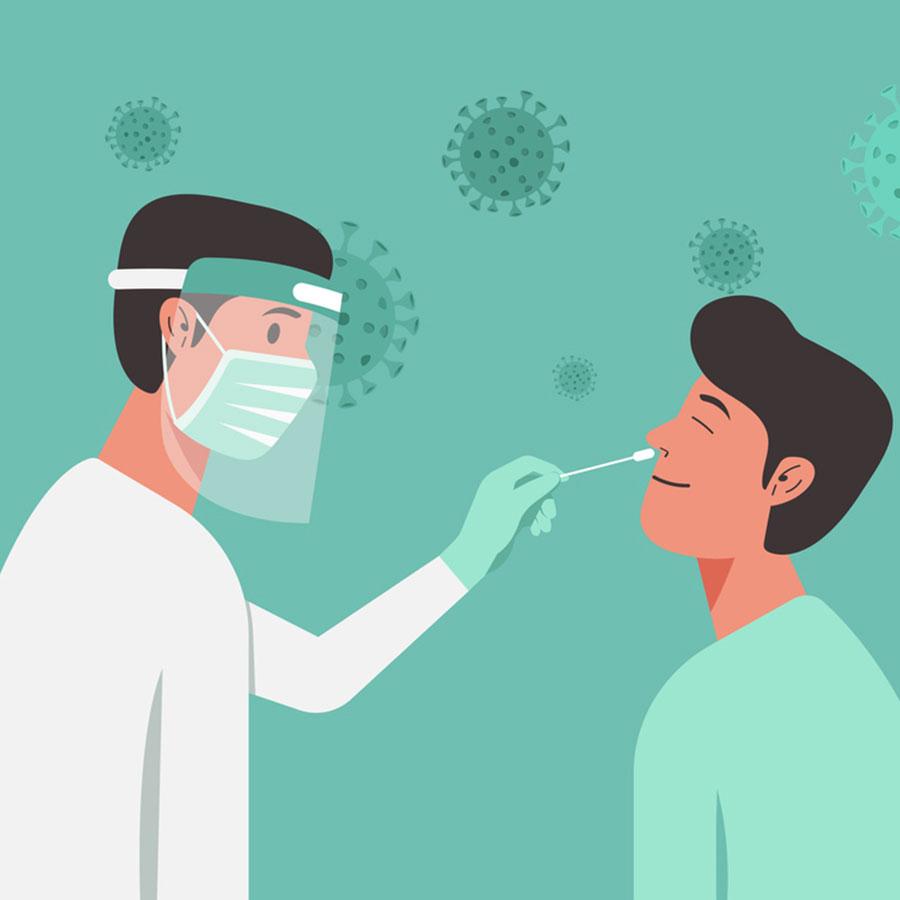What COVID-19 tests are available and which one should I take?

As most of us already know, COVID-19 is an infectious disease caused by the coronavirus discovered at the end of 2019. If you are experiencing symptoms like fever, cough, shortness of breath, chills, sore throat, muscle pain, headache, or recent loss of sense of taste or smell, It’s important for you to get tested to know if you have the virus.
To find out which test is more convenient for you, the recommendation is to consult with your health provider. If you or your healthcare provider suspect that you have COVID-19, you will need to take the necessary precautions to avoid spreading it to others, even if your test indicates that you do not have the virus. There are 2 different types of COVID-19 tests that are available on the market today. They are the viral test and antibody test.
COVID tests:
- Viral test: To find out if you are currently infected with COVID-19, these tests check specimens from your nose (nose swab) or your saliva (mouth swab). There are two types of viral tests:
- Molecular testing: This test is also known as the polymerase chain reaction (PCR) or nucleic acid amplification test (NAAT), which detects the genetic material of the virus and is the most accurate. However, a negative result doesn’t necessarily mean the absence of the virus. At the beginning of the infection the amount of virus is too low for it to be detected. The results from this test take at least 24 hours.
- Antigen testing: This test detects the proteins that form the “crown” or “corona” on the surface of the virus. A sample of fluid is taken from your nose to do the test, and it can give the result in minutes. This test is less accurate because it needs a higher amount of the virus for it to be able to detect it. Therefore it is more likely to give a false negative result to people who are infected.
- Antibody test: Antibodies are proteins produced by your body’s immune system, they help fight infections and protect you from getting sick again. This test looks for antibodies in your blood to determine if you had a coronavirus infection in the past. If so, you might have immunity against covid for some period of time. This test is not recommended to determine if someone is currently infected.

